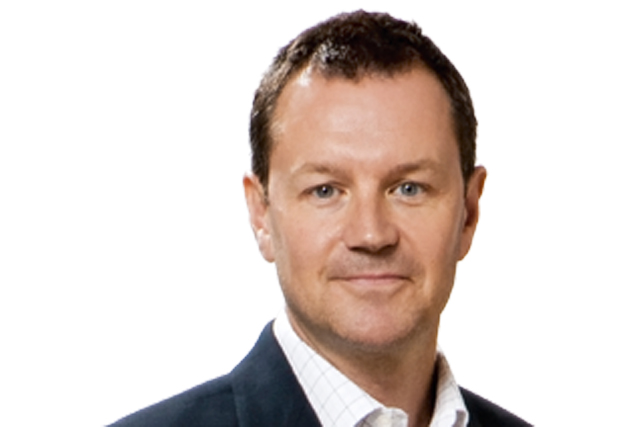Politicians know this (that’s why the Labour Party, as reported on page 1, is talking to agencies). Brands know this. NGOs know this. So when advertisers claim – as they often do when defending fast-food or alcohol advertising – that campaigns simply cause "brand switching" rather than behavioural change, they are doing the discipline a gross injustice.
The best advertising has substantially shifted societal behaviour. We have been persuaded to drive more efficient types of car, try innovative technologies, consume better food. Another great example of this is the two decades of drink-driving campaigns (page 14), which have saved thousands of lives on British roads. Despite the element of creative persuasion, there is honesty inherent in the very best advertising.
Earlier this week, at the annual ISBA lunch, Unilever’s Keith Weed talked about how his brands could have a "positive impact on society". He cited the soap Lifebuoy, which Unilever is marketing in underdeveloped countries along with education programmes on hand-washing. Working in conjunction with NGOs, Unilever believes this will cut mass infant mortality that results from avoidable bacteria-led diarrhoea. However, effecting behavioural change is difficult. This week, the scientist Stephen Emmott warned that the rapid expansion of the world’s population could prompt an "environmental crisis", but he is sceptical that governments can change behaviours enough to avert this. The modern consumer does not like being told to consume or behave differently.
Thankfully, advertising is becoming more sophisticated. And this is why we see breakthroughs in personalised communication and the ability to deliver contextual messages by, say, mobile phones.
Some of our politicians are trying to better understand behavioural economics. Up to ten people are working on "nudge" initiatives within Downing Street, in a team created by David Cameron’s former head of strategy, and ex-Saatchi & Saatchi employee, Steve Hilton.
But, in reality, nudge theory is the natural evolution of what Bernbach et al understood 50 years ago.
So let’s have an honest debate about advertising. Rather than knee-jerk attempts by pressure groups or politicians to ban the advertising of various products, instead they should be making real policy decisions about regulating dangerous or antisocial businesses.
Moreover, political leaders should be working with the private sector to educate people to make better choices about their lives. And what better way to do this than by inspired, brilliant, effective advertising.
danny.rogers@haymarket.com
@dannyrogers2001



